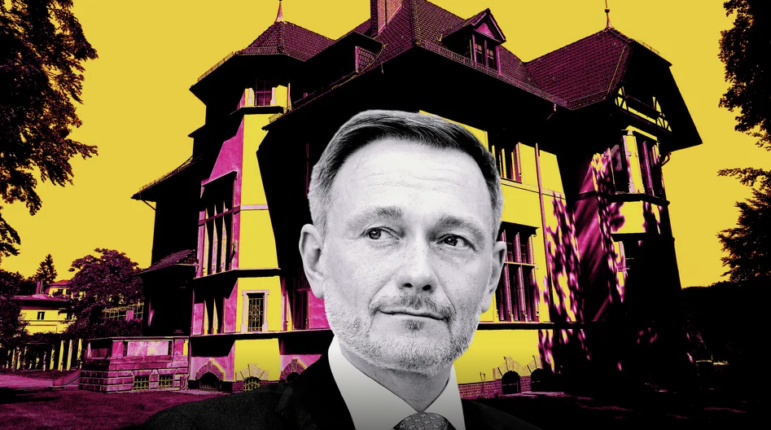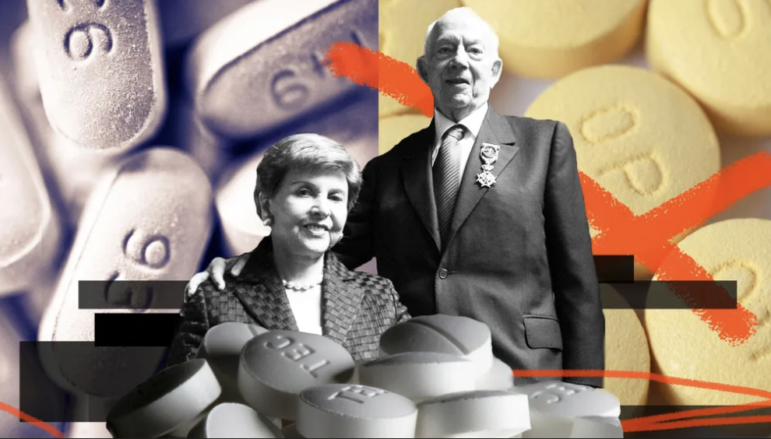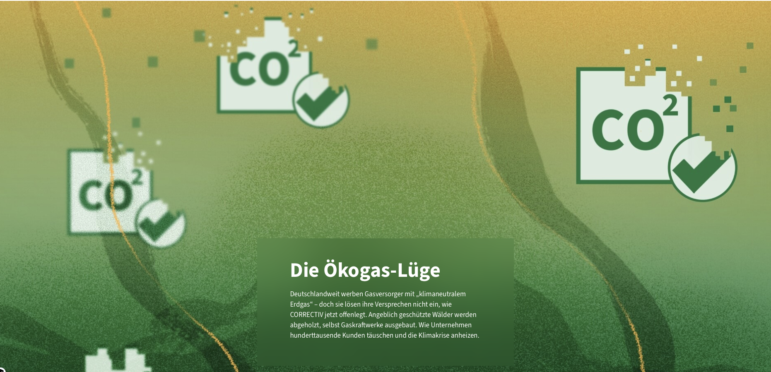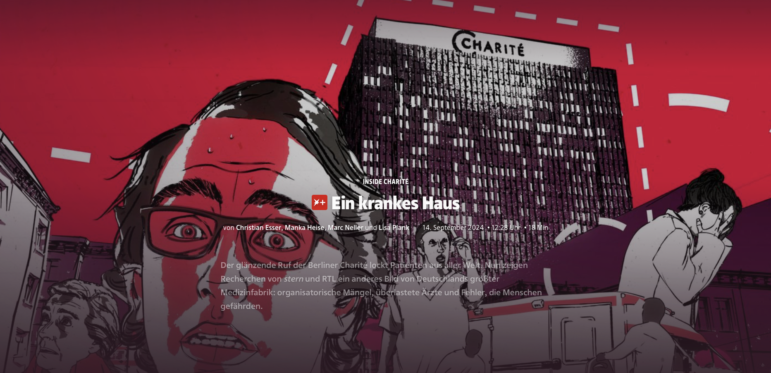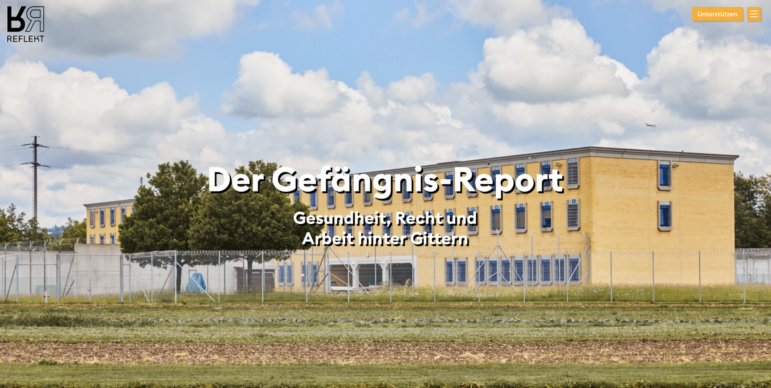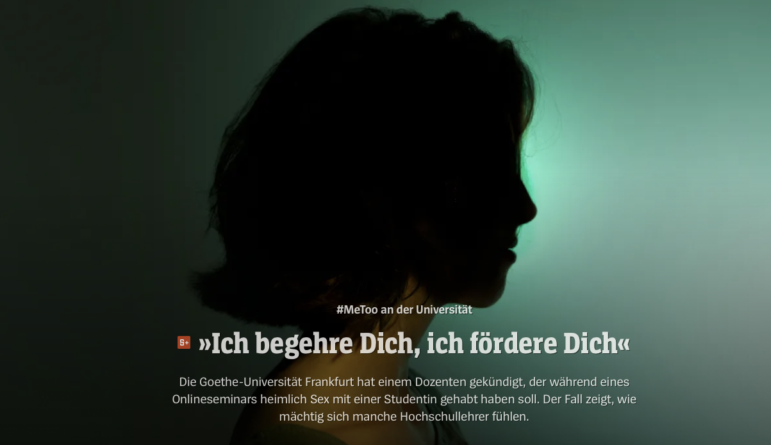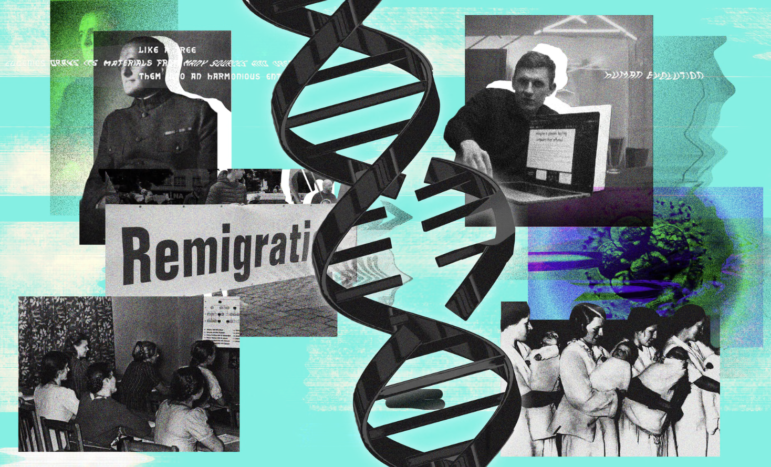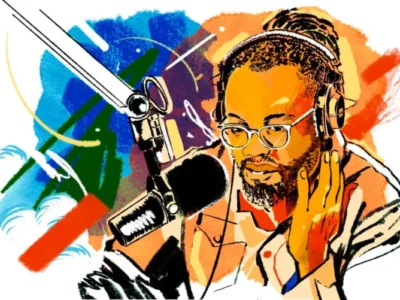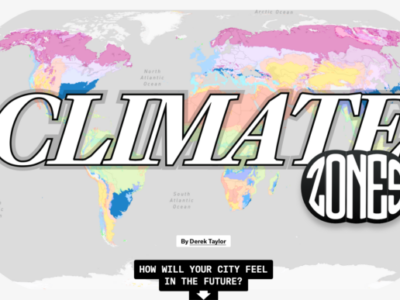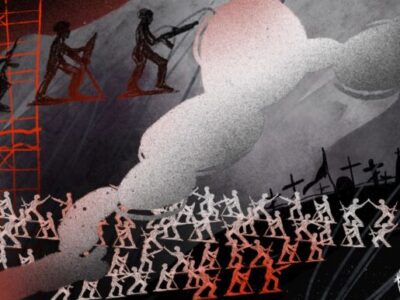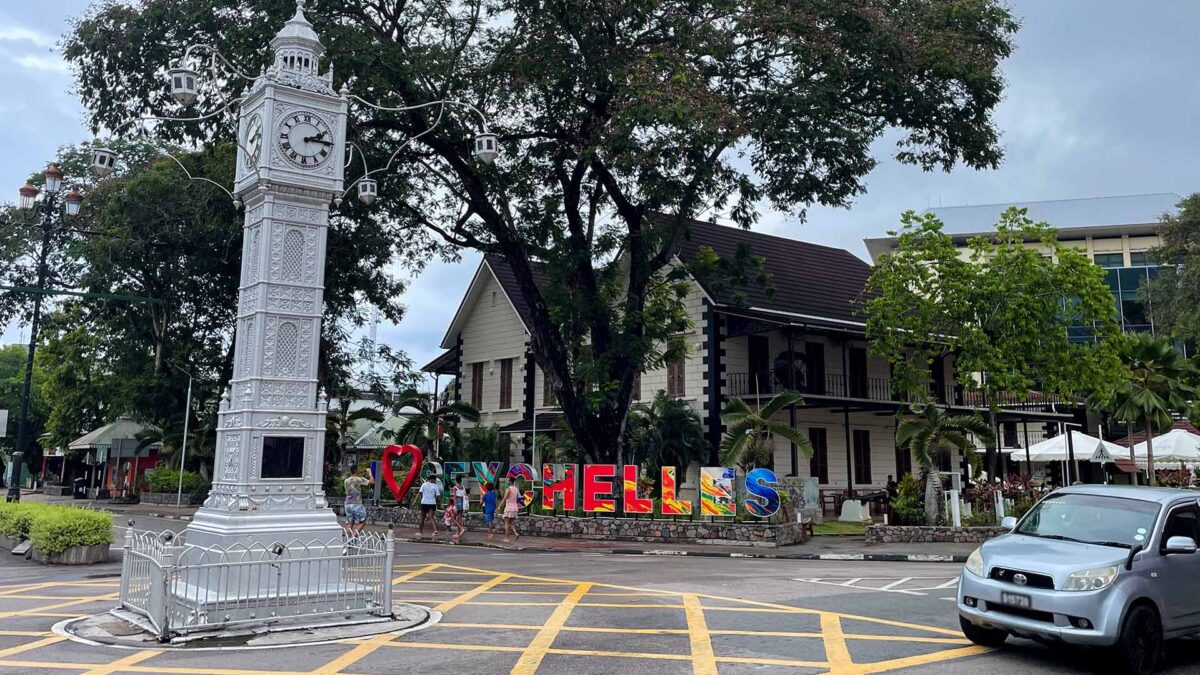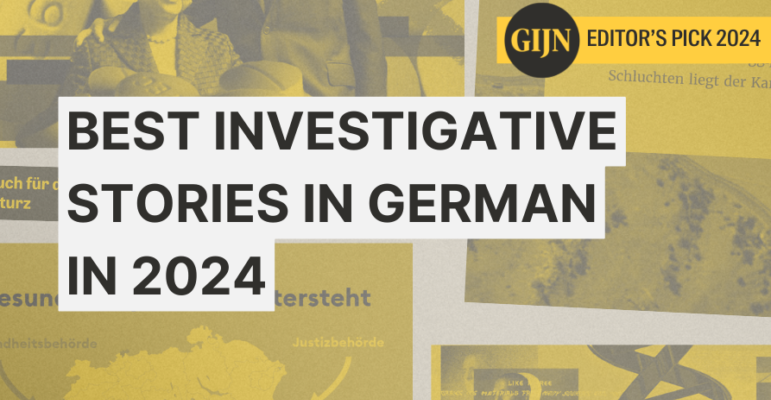
The year 2024 was tumultuous on many fronts, and challenging for journalists all over the world. Germany was mere days into the new year when a game-changing investigation by GIJN member CORRECTIV laid bare the links between extremist right-wing groups and the far-right AfD party — which currently holds 82 seats in Germany’s national parliament. Crashing a secret summit near Potsdam by going undercover, the reporting revealed how neo-Nazis, high-ranking AfD members, and prominent business leaders discussed plans to deport millions of people living in Germany.
These revelations sparked mass protests against the AfD and the far-right. Despite the large public reaction to the meeting, far right-wing parties made some gains, as evident in elections in Germany and Austria throughout the year. For reporters, this has meant working in more challenging work environments, online disinformation, rising physical threats, and growing mistrust towards the press.
Nevertheless, the trend toward collaborative journalism made 2024 a strong one for investigative journalism in German-language media, with reporters tackling topics ranging from the collapse of Germany’s coalition government, the increasingly global reach of the opioid crisis, greenwashing, human trafficking, and sexual misconduct and abuse of power in higher education.
The Liberal Script to Bring Down the Government
In early November, German chancellor Olaf Scholz announced the dismissal of his cabinet’s finance minister, Christian Lindner, after months of wrangling over the 2025 budget. Lindner’s liberal, fiscally conservative Free Democrats Party (FDP) then withdrew from Germany’s governing coalition, sparking its collapse and resulting in early elections scheduled for February 2025. Though the “traffic light” coalition between Scholz’s center-left Social Democrat Party, the FDP, and the Green Party had been unstable for some time, this development was surprisingly abrupt.
As newsrooms all over Germany buzzed with the breaking news, investigative reporters focused on the behind-the-scenes story. German weekly newspaper DIE ZEIT published an investigation just a few days later presenting evidence that Lindner and his FDP allies had allegedly been planning for weeks to provoke the collapse of the coalition, an event which those involved dubbed “D-Day.” The ZEIT investigation reconstructed secret meetings dating back to September 2024; described sections of documents they had seen such as PowerPoint slides and strategy papers; and spoke with several sources familiar with the events. (In response to news coverage and public reaction, Lindner downplayed the newsworthiness of the story and the details reported.)
World of Pain: The Opioid Crisis
The opioid crisis — and the role of pharmaceutical corporations and illegal trafficking in exacerbating it — has so far been a story associated with the United States. But this international investigation — involving Munich-based investigative newsroom Paper Trail Media, German news magazine Der Spiegel, German public broadcaster ZDF, Austrian daily newspaper Der Standard, the Swiss Tamedia, and The Examination, among others, brings the investigation into pharmaceutical influence and addiction to Europe. Noting rising rates of opioid prescription, and addiction, in countries such as Germany and Austria, the investigation also examined controversial marketing methods and profits companies make in Europe, despite facing bankruptcy and litigation in the US.
Publishing partners also included Finance Uncovered, Brazil’s Metrópoles, the Investigative Reporting Project Italy, The Initium from China, and The Washington Post. This ambitious, sprawling investigation is an instructive example of a cross-border collaboration covering one major global story by reporting out country-specific angles and impact.
The Eco-Gas Lie
This data-driven investigation by CORRECTIV revealed that more than 100 energy suppliers across Germany were advertising “climate neutral” natural gas that is far less green than promised. The reporting laid bare how supposedly protected forests are being cut down, gas-fired power plants are expanding, and companies are deceiving hundreds of thousands of customers — all under the guise of “climate neutrality,” often through questionable carbon offsets. Many German households use gas for heating and cooking, so this investigation impacts a large swath of the German public. The investigation combined visual analysis of on-site events, data for each federal state, and in-depth reporting on the actors involved. The article also featured a drop-down menu where, by region, readers can check if their gas provider was part of the investigation.
After the report was published, several political parties and the German government addressed its findings, demanding consequences for energy companies and stronger consumer protections. In a follow-up piece, CORRECTIV reported that more than 20 energy companies said they were reevaluating their climate-neutral tariffs or temporarily discontinuing them.
A Sick House: Inside Charité
The Berlin-based Charité hospital is renowned for its excellent healthcare, drawing patients from all over the world. So it came as a great shock when a team of Stern/RTL Investigativ reporters uncovered evidence of substantial problems in the medical facility. With undercover reporting, they revealed a behind-the-scenes look at the hospital featuring overworked doctors, potentially life-threatening mistakes, and patients left in pain without treatment. The investigation also paints an alarming picture of the German healthcare system, where resources and facilities are overstretched.
The investigation was published as a TV documentary, an article, and a half-hour podcast — following the storytelling model the team employed for its 2023 Inside Tesla investigation. Charité issued a statement in response defending itself against the report, arguing that “generalized accusations” against them were unjustified and that the report paints a picture that “does not correspond to reality,” but they also stated that the hospital would review compliance with quality standards.
The Prison Report
This year-long investigation by the Swiss investigative outlet Reflekt and the investigative collective WAV — underpinned by official documents, policies, and practices, as well as interviews with detainees, legal experts, and prison staff — uncovered serious problems in Swiss prisons. In particular, they found dire labor conditions, difficulty in accessing legal help, and inadequate or delayed access to healthcare, including obtaining necessary medication. (In Swiss prisons the suicide rate is three times the European average.) The reporting is supported by interactive data visualizations and graphics to show, for instance, what kinds of work Swiss prisoners do and to demonstrate large pay differences between prisons. Overall, the team’s findings revealed that the country’s prisons often fall short of the modern penal standards to which they are committed.
#MeToo at German Universities
Over the past few years, #MeToo reporting — uncovering cases of sexual misconduct and abuse — has become increasingly prominent in German-speaking countries. This Der Spiegel investigation looks into allegations concerning a former lecturer at the Goethe University Frankfurt who allegedly had a sexual relationship with a student and posted intimate photos of her online; five other women also made complaints. The reporters thoroughly investigated the accusations and discovered that they spanned multiple institutions and several years, and that despite the lecturer’s dismissal and a criminal fine for distributing private images, he managed to later secure a senior position at a prestigious organization where fresh allegations of manipulative behavior later emerged. The investigation explored the systemic failures in addressing these incidents in higher education and noted that they often begin with power imbalances. (Der Spiegel did not reveal names or the lecturer’s academic subject, to protect the privacy of those involved.)
Human Trafficking Online
The COVID-19 pandemic changed prostitution and sex work in Germany, with more and more of the process moving online — and human traffickers are capitalizing on this, according to this investigation from Süddeutsche Zeitung and the public broadcasters NDR and WDR. Traffickers often employ the “loverboy” method — luring women with promises of love before forcing them into prostitution, initially making contact on platforms such as Facebook, Instagram, and dating apps. The digital shift complicates law enforcement and social work efforts because it allows traffickers to hide behind anonymity, and victims who have less and less contact with the outside world can be more easily controlled and exploited.
The reporters analyzed over 45,000 online ads on various websites and conducted interviews with victims and experts. To cross-verify the findings, they used data and research from Europol and the Federal Criminal Police Office (BKA) to track patterns and uncover human trafficking activities. The combination of data analysis, victim testimony, and international collaboration made this a comprehensive and impactful piece on a critical social issue that has too often been told through single stories, instead of broad data. In the Netherlands, the investigation triggered a debate in parliament.
Secret Funding and an International ‘Race Science’ Network
With far-right groups growing in influence and extreme ideologies being spread online, it’s important to investigate the networks behind these movements. Cross-border approaches can be particularly effective in uncovering the global angle of this issue. This collaboration between Der Spiegel and the Guardian revealed how an international network of “race science” activists seeking to influence public debate with discredited ideas on eugenics secretly received funding from a US tech entrepreneur. (After the Guardian approached the entrepreneur, he pulled his support from the organization, saying it had “deviated” from its original purpose of scientific research.)
By analyzing undercover footage of the organization behind this — provided by the anti-racism group Hope Not Hate — the team also discovered the involvement of a German influencer linked to the right-wing Alternative für Deutschland (AfD) party. By cross-referencing financial records and using expert testimony, the investigation traced over US$1 million in funding and exposed the network’s expanding global reach. Employing several investigative techniques including undercover reporting, document analysis, and expert interviews, the team shed light on the insidious influence of such groups.

